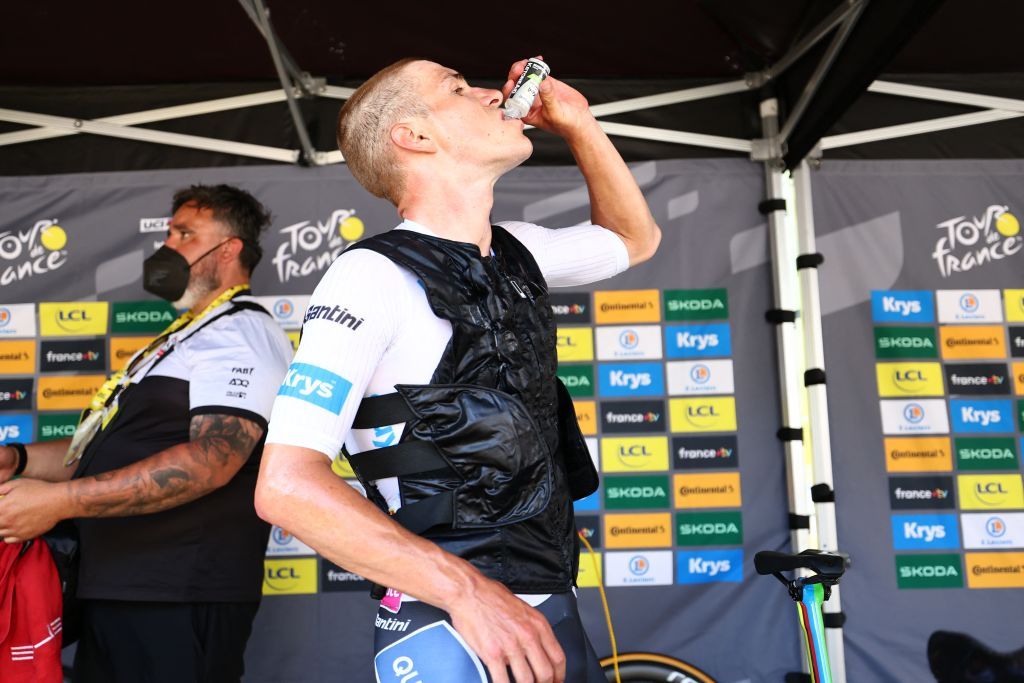Ketones: The Cycling Controversy That Keeps on Turning
Introduction
In the ever-evolving world of cycling, a surprising spotlight has been cast on ketones, a supplement that has stirred debate and curiosity for years. Recently, the UCI (Union Cycliste Internationale), the governing body of cycling, made headlines by officially advising against the use of ketones for professional cyclists. This move has left many riders, teams, and fans scratching their heads: Why the sudden change, and what does it mean for the sport we love?
The UCI Weighs In
On a typical Monday, the UCI issued a press statement that felt anything but typical. While they didn’t declare ketones illegal—after all, they remain permissible under WADA (World Anti-Doping Agency) regulations—they did express a firm recommendation against their use. They stated, “we see no reason for them to be used” and “do not recommend their inclusion in riders’ nutritional plans.” This was a noteworthy departure from their usual role of merely enforcing rules.
Typically, the UCI shies away from giving nutritional advice. They don’t recommend specific products, not even simple water or energy gels. However, ketones have gained attention not just for their nutritional value but also for their potential role in the conversation around doping in sports.
The Ketones Debate
Once hailed as a potential performance booster, ketones claimed to enhance recovery and even improve the body’s response to EPO, a hormone that increases red blood cell production. With such impressive claims, it’s no wonder many athletes were curious. However, newer studies have raised doubts about their effectiveness, leading to some teams discontinuing their use.
So why is the UCI taking a stand now? It’s not that they believe ketones are akin to banned substances or that they pose health risks; instead, they simply think ketones might not work as advertised. This unusual stance isn’t typical for the UCI, which seldom outright dismisses nutritional supplements.
The Grey Area
The situation has created a murky grey area. While the UCI isn’t firmly against ketones like the MPCC (Mouvement Pour un Cyclisme Crédible)—an independent body pushing for stricter anti-doping rules—this vague advisory might do more harm than good. The MPCC has officially banned ketones, arguing for a clear divide between fair and unfair performance enhancers. Their criticism of the UCI’s indecision highlights the need for uniformity in rules and guidelines.
Personal Insights
As a cycling enthusiast, it’s essential to recognize the broader implications of these regulations. Whether you’re a weekend rider or a pro, understanding what you put in your body is crucial. With the ongoing debates surrounding supplements like ketones, always prioritize a balanced diet over shortcuts. Remember that training and dedication often outweigh any potential benefits from supplements.
Conclusion
The UCI’s recent comments regarding ketones open the door to more questions than answers. While they have made a recommendation, the ambiguity surrounding ketones leaves room for controversy and speculation. The cycling world thrives on clear rules and progress, and this vague stance could hinder the trust that fans and athletes have in the sport. Ultimately, what remains clear is the need for transparency and uniformity in the rules surrounding performance-enhancing products. As cyclists, let’s keep pushing forward, fueling our passion with knowledge and integrity.
Original article: Click here











